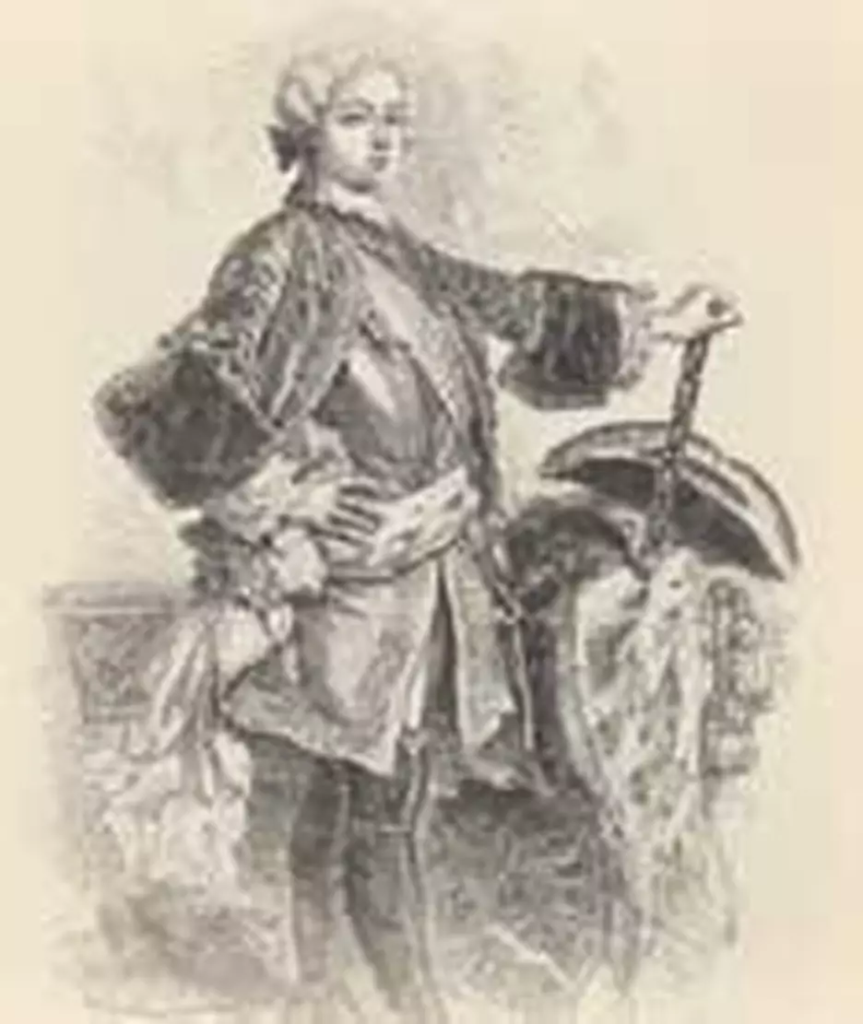
1646
HT: Christian History Institute
In seventeenth-century England, Parliament attempted to suppress Baptists for a number of reasons, among them a desire for greater religious unity. A law in 1645 forbade anyone from preaching unless they had been ordained in the Church of England or in some other reformed church. That law failed to have much effect because many Baptist preachers had previously been ordained in the state church.

On this day, 26 December 1646, Parliament passed a new law in an attempt to suppress the growth of the Baptists.
“The commons assembled in parliament do declare, that they do dislike and will proceed against all such persons as shall take upon them to preach, or expound the scriptures in any church, or chapel, or any other public place, except they may be ordained, either here or in some other reformed church, as it is already prohibited in an order of both houses of the 26th of April, 1645, and likewise against all such ministers, or others, as shall publish or maintain, by preaching, writing, or any other way, any thing against, or in derogation of church government which is now established by authority of both houses of parliament; and all justices of the peace, sheriffs, mayors, bayliffs, and other head officers of corporations, and all officers of the army, are to take notice of this declaration, and by all lawful ways and means, to prevent offenses of this kind, and to apprehend the offenders, and give notice thereof to this house, that thereupon course may be speedily taken, for a due punishment to be inflicted on them.”
1767
On this day, December 26, 1767, the day after Christmas, thirty-six prisoners, some of them sick and broken, stumbled out of the Tower of Constance. Among them was Marie Durand. She had been in the tower thirty-eight years.

The Tower of Constance stood on swampy land near the Rhone River, in Aigues Mortes, France, not far from the Mediterranean Sea. Built by Duke Philip the Bold, the tower was designed in imitation of Jerusalem architecture. The stronghold also served as a lighthouse, with a lantern in the top-most tower, known as “the beacon of Charlemagne.”
During the French Civil Wars between Protestants and Catholics following the Reformation, the tower fell into Protestant control. But in 1632 Louis XIII regained it. King Louis XIV converted it to a women’s prison.
The female prisoners were kept in the upper room. A little light and air came through narrow windows. In the center of the floor was an opening onto the guardroom below. The authorities saw this as the perfect place to hold and torture those they considered to be heretics. But at least one prisoner refused to yield. Inscribed on the wall is the slogan “Register,” meaning “Resist!”
In 1730 a fifteen-year-old Huguenot girl was arrested and taken from her home in Bouchet-de-Pransles. Her name was Marie Durand; her crime was to have a brother who was a Protestant minister; they held Protestant meetings in their home. Pierre Durand was known as the “Pastor of the Desert,” a reference to the mysterious woman described in Revelation 12:6.
Unable to lay hands on Pierre, the government arrested Marie’s father in 1728. Before he was taken to prison, Etienne Durand married his young daughter to Matthew Serres, whom he hoped could protect her. Marie’s arrest separated the young couple. Matthew was soon imprisoned with his father-in law at a fort. In 1732, Pierre was captured and hanged.
When Marie entered the Tower–so cold in Winter and so hot in Summer–it was as if a ray of sunshine had penetrated its darkness and despair. Although just fifteen, she became the tireless Christian focus of the Tower, and remained the spiritual leader of the prisoners for thirty-eight years. She nursed the ailing, wrote letters for those who could not write, and (after a psalter was allowed) read psalms aloud each evening. She encouraged her fellow-prisoners to sing Huguenot hymns. Not all the women were Christians. Some were crude. But the prisoners knew her family; they sympathized with her youth and they respected her for her piety. All were blessed through her.
Marie wrote to churches and government officials with appeals for improved prison conditions. Her appeals were even relayed to the philosophers Voltaire and Rousseau. Thanks to Marie’s efforts, the prisoners were allowed a copy of the Psalms and permitted to take air on the rooftop. She never recanted her faith.
Disgusted with prison conditions, the governor of Languedoc ordered the captives released despite the objections of King Louis XV. After her release, Marie returned to her childhood home. Her husband and father were dead. An Amsterdam Walloon church supported her for the rest of her life. She died in 1776.
